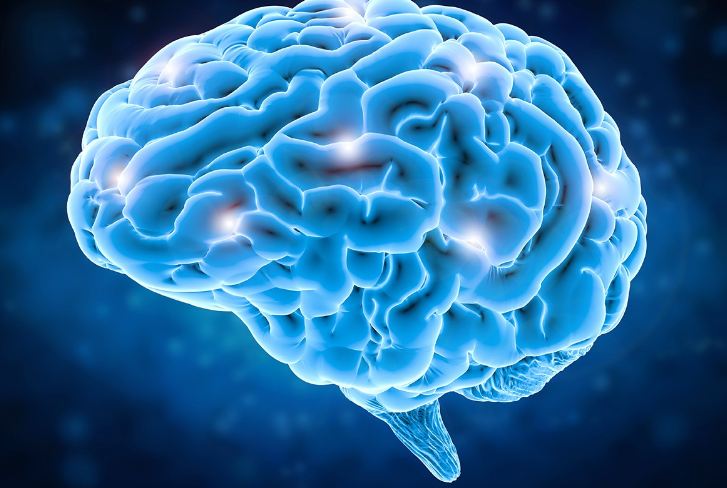Long-term exposure to cocaine puts the health of your brain and body at risk. If you are struggling with any addiction, it’s critically important that you seek help to avoid permanent damage to your body, your brain, and your community structure.
Dopamine: Getting Too Much of a Good Thing
Using cocaine floods the brain with dopamine, or the “feel good” chemical. According to Aion Health, “Once the brain is flooded with dopamine, cocaine works to prevent its reuptake, leaving dopamine there for prolonged periods and altering the brain’s reward system.” This chemical is also produced when you enjoy a favorite food, but too much of it causes a desensitization to it. Because this chemical makes your brain feel good, cocaine exposure will destroy your ability to take joy in other things that trigger a release, and it will take more cocaine over time to get the same enjoyment.
Cocaine use also causes permanent damage to the blood vessels in your brain. This drug clamps down your blood pressure, limiting blood flow and oxygen to your brain cells and putting pressure on your heart.
Long Term Losses Caused by Cocaine
Current cocaine addiction stats indicate that long term use will cause a more rapid loss of brain cells. However, additional information about cocaine use, the detox process and recovery indicate that, over time, the damage done to your brain can be overcome.
When considering a rehab support system, make sure to include a nutritional component. For example, it’s important to consider any damage that your body may have taken during what you did while you were high. Cocaine makes you feel good and can lead to risky behaviors. If you have used other illegal drugs or alcohol to excess while using cocaine, you may also be dealing with liver damage.
As your body is damaged, so goes your brain. Your cleansing organs, including your kidneys, gut and liver, will need support as you detox from cocaine so they can cleanse your blood effectively. You may struggle to sleep deeply and food may not be terribly appealing. Strive to take in a healthy diet, particularly high in fresh foods and plenty of water, to rebuild your health.
Hydration is Key
Cocaine bumps up your body temperature and puts pressure on your kidneys and gut. Not only are you taking in more toxins, but you’re probably not drinking as much water as you should be. You may also be drinking soda, alcohol, or hyper-caffeinated beverages.
All of these fluid choices can increase the risk of severe tooth decay, which can limit your food choices and increase your risk of systemic infection. As you detox from the physical addiction to cocaine, bumping up your hydration is critical to bringing your body back into balance.
Detox and the Brain
Getting cocaine out of your system means that your dopamine receptors are going to have to wake up. You’re going to be exhausted, but will have a hard time sleeping. You may also be extremely irritable and even paranoid. Keep a journal to help you remember why you’re undergoing the detox process and to track your healthy choices over time. The act of writing down your choices will make it easier to remember the good decisions you’re making.




